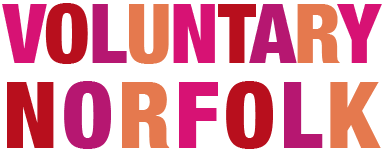Flexible Approach Key to Digital Inclusion Success

Recent report from the Centre for Ageing Better calls for new approaches to ‘Digital Inclusion’ support, including a more person-centred approach that helps people develop confidence.
The report, which resulted from a research conducted by the Good Things Foundation, points out that despite the rising amount of internet users among older people, 91% of people who have never been online are over 55. This is one of the reasons why digital exclusion is unlikely to disappear any time soon.
However, the research finds that the support offered to people is often insufficient and misses the point. Short inflexible courses that aim to teach basic computer skills do not meet the individual needs of different people. Digital Inclusion programmes, the report says, need to be flexible, allow participants to learn at their own pace and offer ongoing support. Most importantly, however, the programmes need to be relevant to the participants, helping them to develop the skills that they are interested in.
Digital Inclusion in Norwich
Luckily, with Norwich Digital Inclusion Project many points raised in the report have already started to become reality in Norwich.
Our Volunteers offer support in several ways. We have regular drop in sessions in Norwich where people can get help with the digital device of their choice. Residents can always bring their own device or use one of ours. We also offer specifically tailored one-to-one sessions for those who want to make more use of digital technologies.
This combination of approaches allows people to get the support they want. The support we offer is open-ended and can be long-term. No matter what option the resident chooses, it’s always tailored to their needs. Online banking, shopping, social media, job hunting, or anything else, it’s the resident who decides what they want to take away from the project.
The Norwich Digital Inclusion Project has enjoyed great success so far. Since its launch in 2015, we have supported over 350 Norwich residents. Those benefitting from the Project are by no means exclusively the elderly. The majority of participants are of working age, with over 65s making up just over one third of residents receiving support. This means that apart from providing essential support for elderly people battling issues around digital isolation, the Project also helps those still of active working age; offering them ways to improve employability, time management, or skills to keep in touch with loved ones. A number of residents under 25 have also received support from the Project.
If you know or work with Norwich Residents who are negatively affected by digital exclusion, or could benefit from digital support, please get in touch with us.
- Find out more about our Digital Inclusion Programme on our website.
- Read the report from the Centre for Ageing Better online.
- To search the Digital Hubs by location go to www.norwich.gov.uk and put in a postcode in the My Neighbourhood tab and look at the Digital Support results.
- To see a list of the Digital Hubs and what support they offer go to City Council’s directory.

